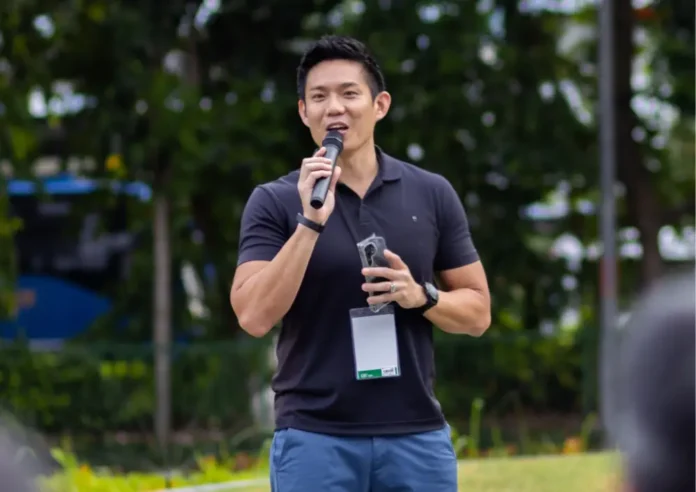In today’s fast-paced business world, many leaders grapple with an unrelenting cycle of demands, which often takes a significant toll on their well-being. Additionally, the weight of high-stakes decisions, relentless competition, and the constant need to manage and inspire teams can quickly lead to burnout, eroded mental health, and diminished productivity. Furthermore, in high-pressure office…
RELATED ARTICLES
© NewInAsia.com 2025








